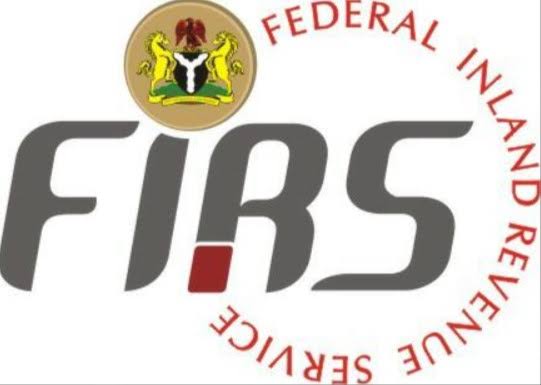The International Monetary Fund (IMF) has applauded the Federal Inland Revenue Service (FIRS) for what it described as “significant progress” in strengthening Nigeria’s tax administration and domestic revenue mobilization efforts.
Speaking at the opening of the IMF-supported Headquarters Mission to Nigeria on Wednesday in Abuja, Paulo Paz, a Senior Economist in the Fiscal Affairs Department of the IMF, lauded the work of FIRS under the leadership of Chairman Zacch Adedeji.
“We recognise the good work that FIRS has been providing to the citizens,” Paz stated, noting that the IMF would continue to support the agency as it takes on broader responsibilities stemming from recently signed tax reform laws. “These new laws will elevate the relevance of tax administration in Nigeria,” he said, emphasizing the IMF’s readiness to assist in addressing emerging challenges.
Paz’s remarks came during a high-level engagement at the Revenue House, where discussions focused on aligning technical assistance with Nigeria’s evolving tax policy landscape. The visit also aimed to identify new areas of collaboration, especially as the FIRS prepares to transition into the Nigeria Revenue Service (NRS) in 2026.
A statement by Dare Adekanmbi, Special Adviser on Media to the FIRS Chairman, highlighted that the IMF team’s visit was part of efforts to deepen institutional support and enhance implementation capacity across digital transformation, VAT automation, compliance, and data-driven tax administration.
In his welcome address, FIRS Chairman Zacch Adedeji—represented by his Chief of Staff, Tayo Koleosho—expressed appreciation for the IMF’s consistent partnership. He acknowledged the Fund’s role in portfolio management and in designing more effective compliance programs, while also stressing the importance of developing a corporate plan that integrates strategic data management.
“We are in a good place to continue the journey together. From digital tools to automation and strategy implementation, the IMF has been a strong ally,” Adedeji noted.
Bolaji Akintola, Coordinating Director of the FIRS Corporate Services Group, reiterated that the IMF had been instrumental in guiding FIRS through reform milestones. She referenced two diagnostic evaluations conducted with IMF support using the Tax Administration Diagnostic Assessment Tool (TADAT) between 2018 and 2023.
According to her, these assessments provided critical insights into institutional gaps and helped shape reform roadmaps. She revealed that the 2023 TADAT assessment showed significant improvements over the 2018 results, affirming FIRS’ dedication to institutional excellence.
“If another TADAT is conducted today, the result will be better than that of 2023,” Akintola asserted, adding that many of the performance gaps identified in previous reviews have been addressed and codified in the new tax laws signed by President Bola Tinubu.
The IMF visit underscores international recognition of Nigeria’s recent efforts to strengthen fiscal institutions and improve revenue collection. As the country seeks to broaden its tax base and reduce reliance on oil revenues, FIRS is expected to play a pivotal role in executing tax reforms that can support inclusive and sustainable economic growth.














